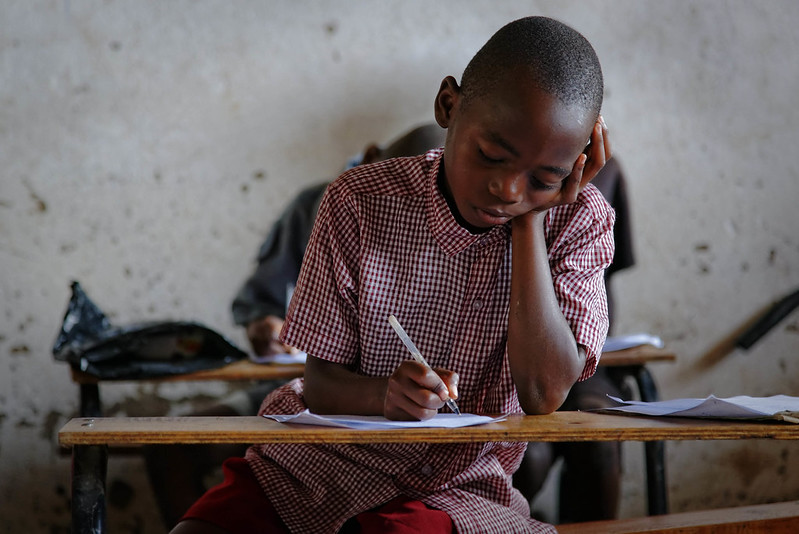Malawi launches its updated climate change learning strategy
On Tuesday, 9 February 2021, the Ministry of Forestry and Natural Resources launched the revised National Strategy on Climate Change Learning. It updates the 2013 strategy, which was developed when Malawi first joined the United Nations Climate Change Learning Partnership.
Representing the Minister, Principal Secretary in the Ministry of Forestry and Natural Resources, Ms. Yanira Mtupanyama, said: “the Government of Malawi formulated a Strategy on Climate Change Learning in 2013 to address knowledge gaps that are key for formulating informed policies and climate change interventions. The strategy has been revised to incorporate emerging issues in climate change management at both local, national and global scales.”
The strategy envisions Malawi becoming “a knowledge-driven climate-resilient country by 2030, and pursuing a low carbon development pathway in line with in line with the National Climate Change Management Policy of 2016 and National Development Plan.”

The United Nations Climate Change Learning (UNCC:Learn) initiative backed Malawi’s initial strategy and also this updated version. At the event, Angus Mackay of UNCC:Learn congratulated Malawi for being committed to climate change learning and especially for packaging climate change information in national languages such as Chichewa. “You cannot better portray understanding of climate change unless you express it in your mother tongue,” he said.
The objective of the climate change learning strategy is to strengthen human resources and skills development for the advancement of green, low emission and climate resilient development via: (i) individual capacity building, (ii) institutional capacity building, and (iii) resource mobilisation.
Strategies to achieve individual capacity building include innovative awareness-raising programmes, training key leaders, developing a Trainer of Trainers for agricultural extension officers and Lead Farmers, and training national and district government officers and parliamentarians.
In order to build institutional capacity, the strategy will spearhead the reviewi and updating of primary and secondary level curricula, integrating climate change into tertiary curricula and developing and strengthening infrastructure for learning.
Finally, under resource mobilisation, the strategy will build knowledge and skills in development of bankable project proposals for support from local and international sources, and mobilise local and international resources.
Climate change learning actions included in the strategy take into consideration the current global and national priorities, such as those in Malawi's Nationally Determined Contribution (NDC) and emergent National Adaptation Plan (NAP), as well as priorities in the Malawi Growth and Development Strategy III, the National Resilience Strategy, and the recently launched Malawi Vision 2063.
During the launch, Ms. Mtupanyama stressed that “Effective implementation of climate change response initiatives requires high levels of awareness, knowledge and skills on climate change across all socioeconomic sectors, as stipulated in Articles 6 and 10 of the UNFCCC and the Kyoto Protocol respectively, issues that are central to this updated strategy”.
Between 2013 and now, the Ministry has already carried out national education campaigns to distribute climate posters for children and climate sourcebooks to teachers throughout the country. It has also supported institutional strengthening for the National Youth Network on Climate Change ,through the development of a strategic plan and development of a website.
The Network for Higher Learning Institutions in Climate Change Learning has already been developed and is currently being supported to facilitate integration of Climate Change Learning into the curricula of tertiary educational institutions.
You can access Malawi's updated climate change learning strategy here on the Environmental Affairs Department website.
Image: schoolboy, Malawi, courtesy ILO.
